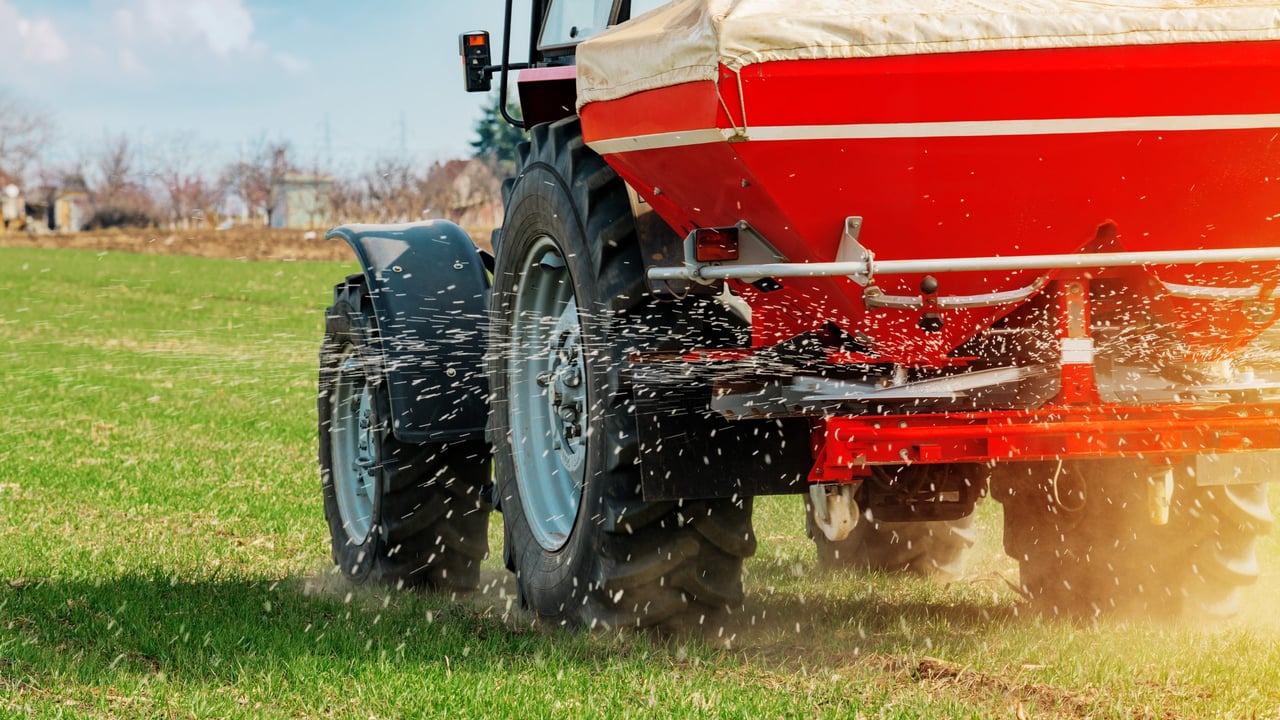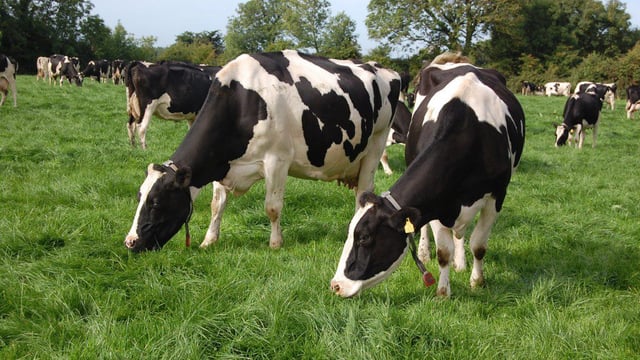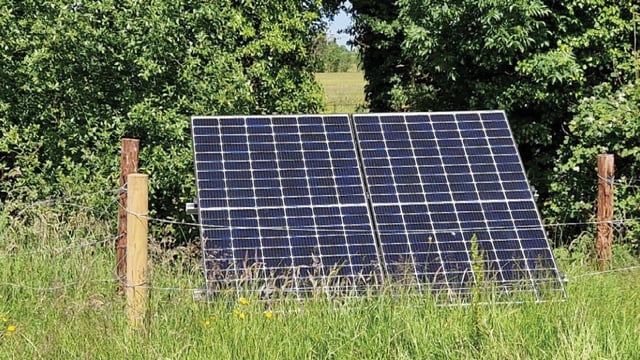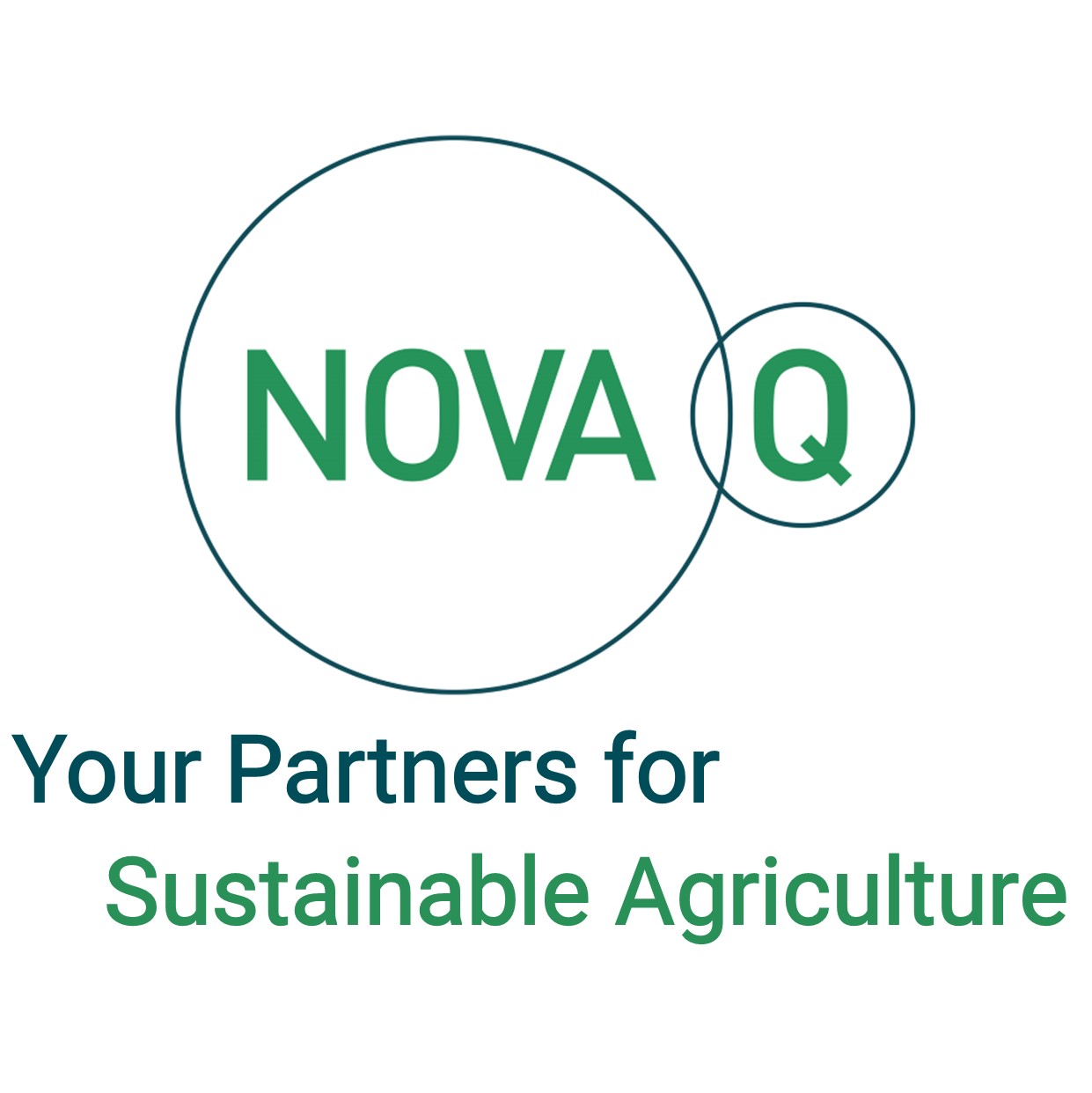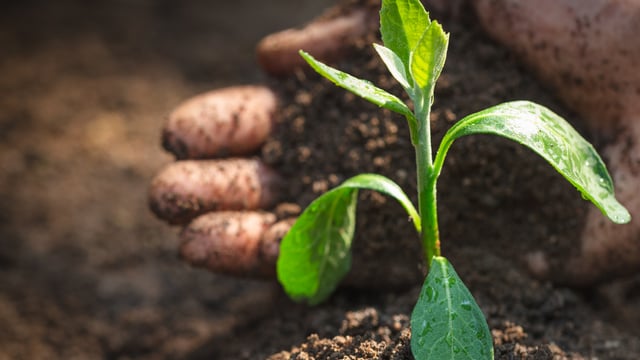New EU carbon-based tax on fertiliser imports to exempt 50t/year
A new EU tax related to greenhouse-gas (GHG) emissions coming from imported fertiliser, due to come into force in 2026, will be amended to exempt import volumes less than 50t/year.
The EU’s Carbon Border Adjustment Mechanism (CBAM) places a carbon tax on goods imported into the bloc from third (non-EU) countries when production is carbon intensive and at most significant risk of carbon leakage.
The sectors to be impacted by this tax include fertiliser, cement, electricity, iron, and steel.
The CBAM is currently in a transitional period where importers are required to report their import volumes. However, from January 1 of next year, importers will have to pay to receive CBAM certificates for the goods they import.
The price of these certificates will vary and will follow in line with the price of carbon equivalent GHG allowances under the EU's pre-existing Emissions Trading System (ETS), a similar carbon pricing mechanism for EU-based producers in the relevant sectors.
Under the CBAM, there will be a certain level of free emissions allowances that will not be subject to CBAM pricing, but these allowances will reduce year-on-year until being finally phased out by 2034.
There are concerns that the CBAM, along with tariffs on fertiliser from Russian and Belarus that are due to come into force, will increase the cost and reduce the availability of fertiliser for EU farmers.
However, the EU has now moved to simply the CBAM, with a European Commission simplification proposal seeing agreement this week from the Council of the EU and and European Parliament.
Among the changes is a threshold of 50t/year, meaning importers that import less than that figure in a given year will not be subject to CBAM.
This replaces an earlier and narrower threshold that exempted only a negligible amount of imports.
According to the Council of the EU, this threshold will, in most cases, exempt small and medium enterprises (SMEs) and individuals, which import small or negligible quantities of goods, from CBAM obligations.
In another change, importers will be able to continue importing goods covered by the CBAM from January 1 while they are awaiting registration on the new certification system.
For those importers above the CBAM threshold, other simplifications have been proposed, including on data collection; calculating emissions of products; calculation of financial liability for importers; and dealing with claims of carbon prices paid in third countries.

